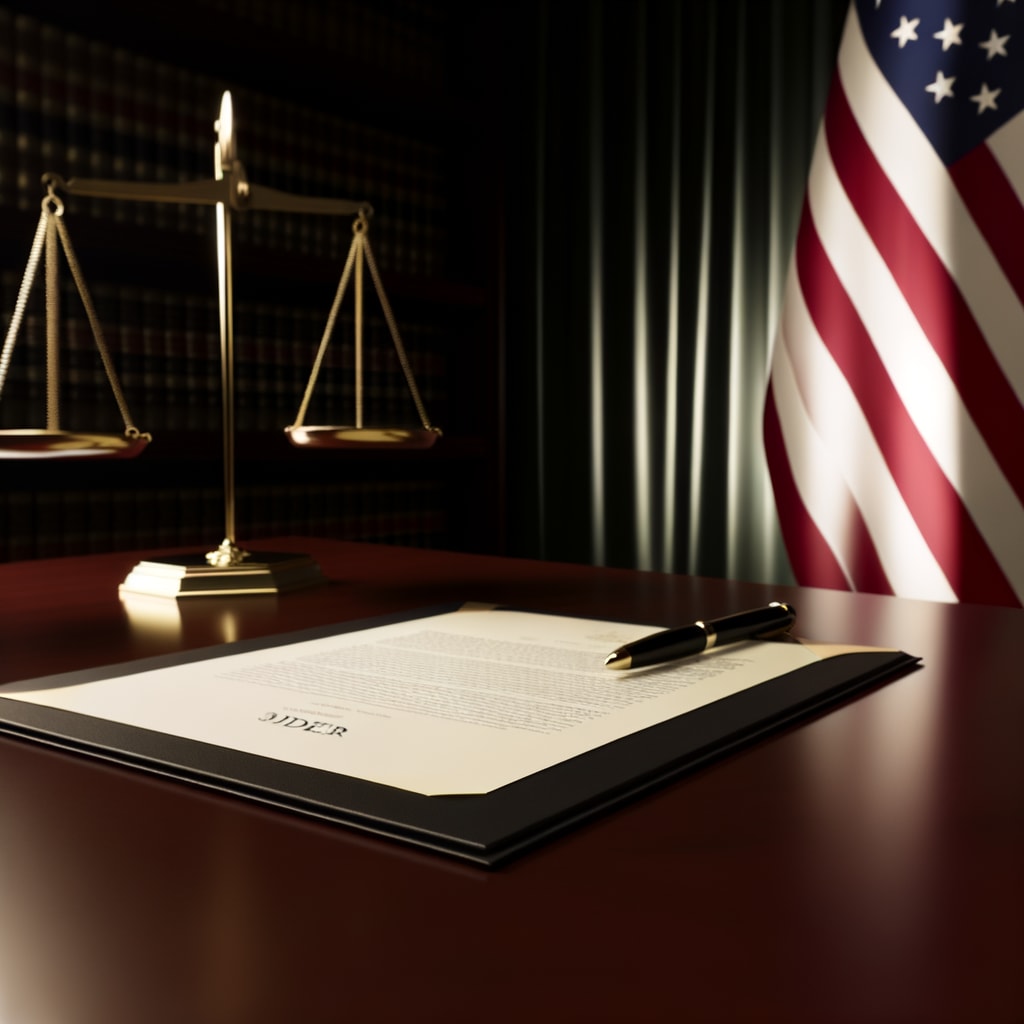Trump Signs Order Against Flag Desecration, Stirs Controversy
U.S. President Donald Trump signed an executive order on Monday, intensifying prosecution efforts against those who desecrate the American flag. This move has sparked a heated debate over the balance between patriotism and free speech.
Background
The executive order, which was signed by the president on Monday, directs the attorney general to prosecute those who violate laws in ways that involve desecrating the flag.
The order also instructs the attorney general to pursue litigation that would clarify the scope of the First Amendment as it relates to flag desecration12. This move appears to challenge the 1989 Supreme Court ruling that protected the burning of the American flag under the First Amendment34.
Key Developments
The president's decision follows months of protests during which the American flag was burned at various anti-Israel and anti-ICE demonstrations5. In a statement provided to Fox News Digital, the administration described the American flag as the most sacred and cherished symbol of the United States of America
and said that desecrating it is uniquely and inherently offensive and provocative
1.
However, the move has not been without criticism. The president has faced unusual pushback from conservatives who largely defended flag-burning as a First Amendment right5. Furthermore, international media reports have suggested that the president's actions are indicative of him pushing presidential power way past its constitutional limits67.
Implications and Reactions
The executive order has stirred controversy both domestically and internationally. Internationally, reports have suggested that the president's actions are indicative of him pushing presidential power way past its constitutional limits67.
Domestically, Trump has drawn criticism from both ends of the political spectrum. While conservatives have defended flag-burning as a First Amendment right5, critics on the left have accused the president of attempting to circumvent a 1989 Supreme Court decision2.
In addition to the flag desecration issue, President Trump has also threatened to revoke the licenses of television networks he considers hostile, specifically naming ABC and NBC. He accused them of being biased and a threat to democracy89.
Current Status
Given the divisive reactions to the executive order, it seems likely that the conversation around flag desecration and free speech will continue. As the nation awaits potential litigation to clarify the scope of the First Amendment in relation to flag desecration, the balance between patriotism and free speech remains a contentious issue.

